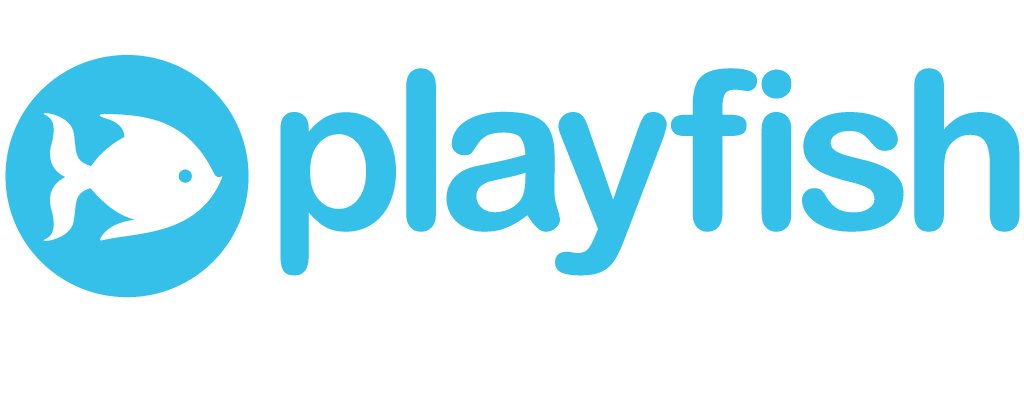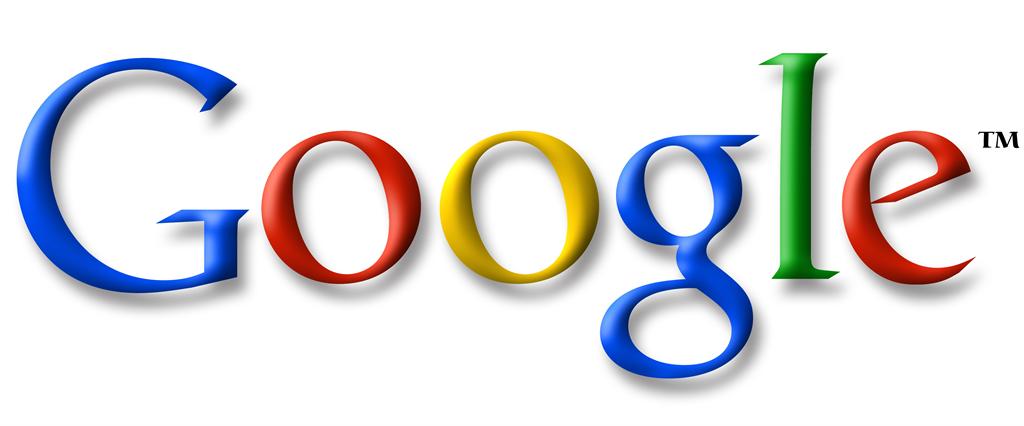 So here’s the mother of all IPOs then, and it was coming a long way. The web was buzzing, today analysts of any couleur are commenting and reading through the fine print of Facebook’s registration statement (known as the S-1) in order to find valuable nuggets of information that they had not had before and myriads of bloggers and journalists drool over the new wave of young wealthy people in the Valley.
So here’s the mother of all IPOs then, and it was coming a long way. The web was buzzing, today analysts of any couleur are commenting and reading through the fine print of Facebook’s registration statement (known as the S-1) in order to find valuable nuggets of information that they had not had before and myriads of bloggers and journalists drool over the new wave of young wealthy people in the Valley.
No mobile revenue
Whilst I’d love to join into this frenzy, I want to focus on one point in the S-1 that caught my eye, and which might pose some interesting challenges for the social networking giant going forward, namely the large abyss between mobile use of the site and revenues derived from it. You will likely have read about the huge amount of Facebook users regularly using the site from mobile devices. According to the company itself, 425m active users (out of a user base of 845m) accessed the site using mobile devices; that’s more than 50%. And yet, Facebook does not derive “any meaningful revenue” (quote from their S-1) from it.
Why (these) ads don’t work as well
This is, of course, because it – thus far – did not find a good way to display ads in their various guises to mobile users. The screen real estate is scarce and it would be easy to destroy the user experience by doing so. However, with that growth in usage, they may have to review this approach. The challenge is then to successfully marry user experience on a small(er) screen with revenue-generating activities. And, alas, the latter are so far mainly display ads of various sorts. How successful will those be? My guess is not very much. It is likely one reason why Facebook so far has shied away from using them: it might just destroy the user experience to an extent that its users would be seriously upset.
And yet, it is only the latest case of highlighting one of the common fallacies of migration from web to mobile (and I am not even saying they are wrong to move that way; their user growth and occuption of that space will likely counter-balance that; I think it was Accel’s Rich Wong who said that it is easier to find revenue streams once you have 100’s of millions of users than to find 100’s of millions of users with a (pre-)defined revenue stream). Nevertheless, none of us would watch a TV commercial showing you a static picture and someone reading something out from the off (this is exactly how TV advertising kicked off). We were not overly thrilled by early attempts of online advertising; they were merely an attempt to convert billboards and printed circulars to the digital realm. It was not until Google’s AdWords that online advertising really hit it off. So why would we now be content with a mere port from another form of media?
The Japanese way?
Japan has shown that there are other ways. Japan’s GREE reportedly records similar revenues from about 5% the user base than Facebook does. It does so mainly with virtual currencies and goods (and, yes, it has moved to a slightly different target market); users can customize their experiences within that social network by buying “stuff” to embellish their avatars, play, use, customize content, etc. Japan has always been something of the Galapagos Islands when it comes to mobile usage: what worked there didn’t often work elsewhere (anyone remember i-mode?). However, we are seeing a similar effect on smartphone applications: 65% of the top-grossing apps these days use some sort of “freemium” feature. This approach might be too late for Facebook now though. Its users would be up in arms would they start charging for features that users have come to see as free.
I am fairly confident that the good folks of Facebook are here to stay but I am still thrilled to see if, when and how they will begin to adapt. With all the very smart people in the company, we may just see the next wave of mobile monetization, and I wonder what it might be…

 The mobile version of Tetris, the iconic game published by EA Mobile, has now
The mobile version of Tetris, the iconic game published by EA Mobile, has now  Besides these points, cross-selling opportunities would appear to be fairly obvious, too. The only mismatch could be that Gemalto focuses on digital security (they list mobile connectivity, identity and data protection, credit card safety, health and transportation, e-government and national security). Alas, no messaging and entertainment here, the two main areas of Netsize’s business.
Besides these points, cross-selling opportunities would appear to be fairly obvious, too. The only mismatch could be that Gemalto focuses on digital security (they list mobile connectivity, identity and data protection, credit card safety, health and transportation, e-government and national security). Alas, no messaging and entertainment here, the two main areas of Netsize’s business. In my last post, I hinted that the
In my last post, I hinted that the  Why is this more significant? Because it is (like Google/AdMob) a cross-platform play that (unlike Google/AdMob) also expands the basis of business models deployed. Playfish derives the majority of its revenues from so-called virtual currencies, and in particular also from lead-generation deals (which recently have
Why is this more significant? Because it is (like Google/AdMob) a cross-platform play that (unlike Google/AdMob) also expands the basis of business models deployed. Playfish derives the majority of its revenues from so-called virtual currencies, and in particular also from lead-generation deals (which recently have  It was an eventful week but I shall pick
It was an eventful week but I shall pick From Google’s and Admob’s respective business perspectives, it appears to make eminent sense, too (and I am not privy to their numbers): Admob will be able to bulk up and cement its leadership position in the segment. Its inventory and back-end ad management will be able to dip into Google’s vast resources, which is great for them. Google probably realized that Admob’s strength meant that they would be difficult to beat. And who you can’t beat, you shall join (or, in Google’s case, buy) them. For Google, it is a smart move as it gives them critical mass in an ad format where they have not nearly been as dominant as for other formats and gives them access to a lot of eyeballs.
From Google’s and Admob’s respective business perspectives, it appears to make eminent sense, too (and I am not privy to their numbers): Admob will be able to bulk up and cement its leadership position in the segment. Its inventory and back-end ad management will be able to dip into Google’s vast resources, which is great for them. Google probably realized that Admob’s strength meant that they would be difficult to beat. And who you can’t beat, you shall join (or, in Google’s case, buy) them. For Google, it is a smart move as it gives them critical mass in an ad format where they have not nearly been as dominant as for other formats and gives them access to a lot of eyeballs. Gamevil’s very own, indominable Kyu C Lee (
Gamevil’s very own, indominable Kyu C Lee ( Did you ever want to do an IPO under the radar? Do it in Korea as no one in the ignorant Western world will be able to read your prospectus (or, if you are in the US, S-1). Game maker Gamevil, which created one of my early favourite mobile games, NOM, and has shot to fame with its less quirky Baseball Superstars franchise, which topped 10m downloads, has apparently filed for an IPO as early as April of this year and will go public at the end of the month. Did anyone know? I couldn’t find anything…
Did you ever want to do an IPO under the radar? Do it in Korea as no one in the ignorant Western world will be able to read your prospectus (or, if you are in the US, S-1). Game maker Gamevil, which created one of my early favourite mobile games, NOM, and has shot to fame with its less quirky Baseball Superstars franchise, which topped 10m downloads, has apparently filed for an IPO as early as April of this year and will go public at the end of the month. Did anyone know? I couldn’t find anything…